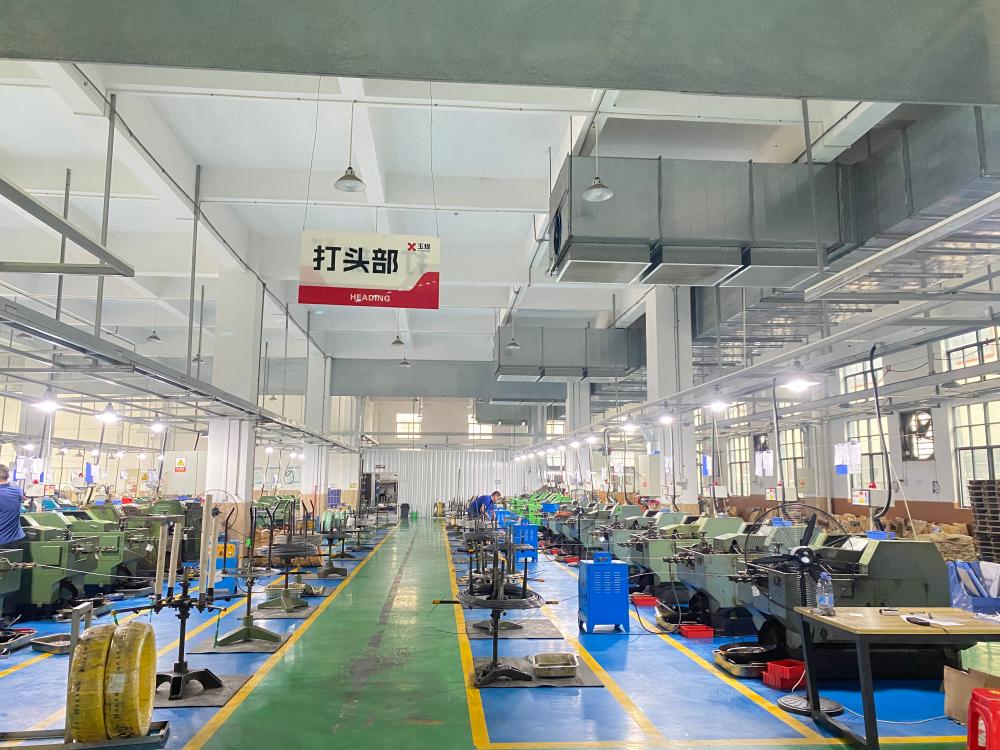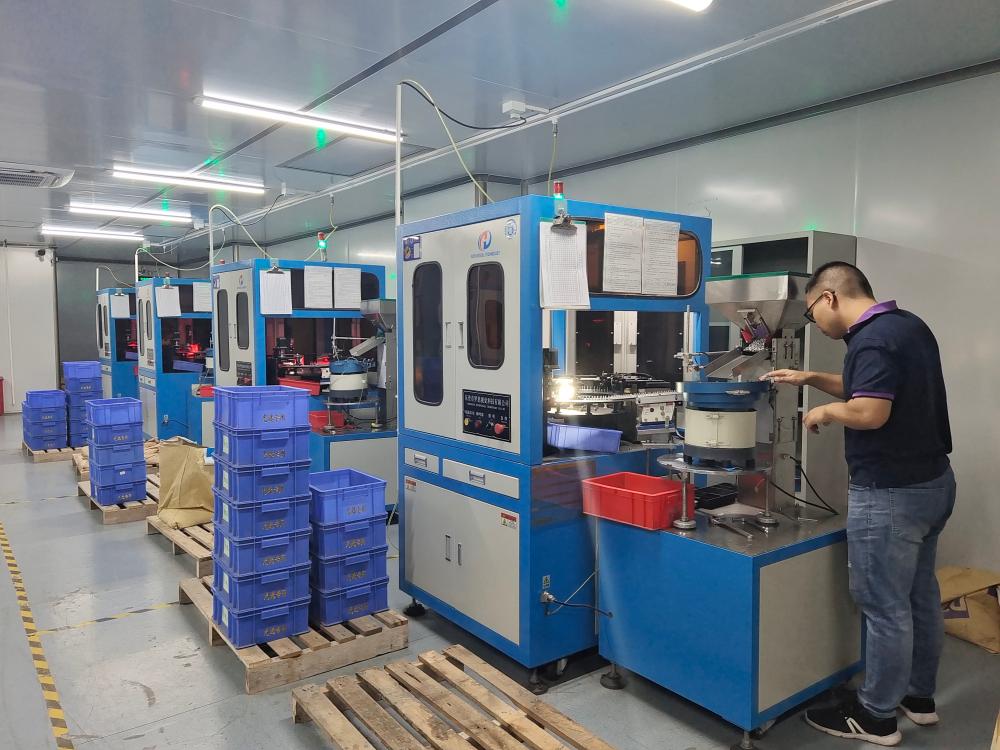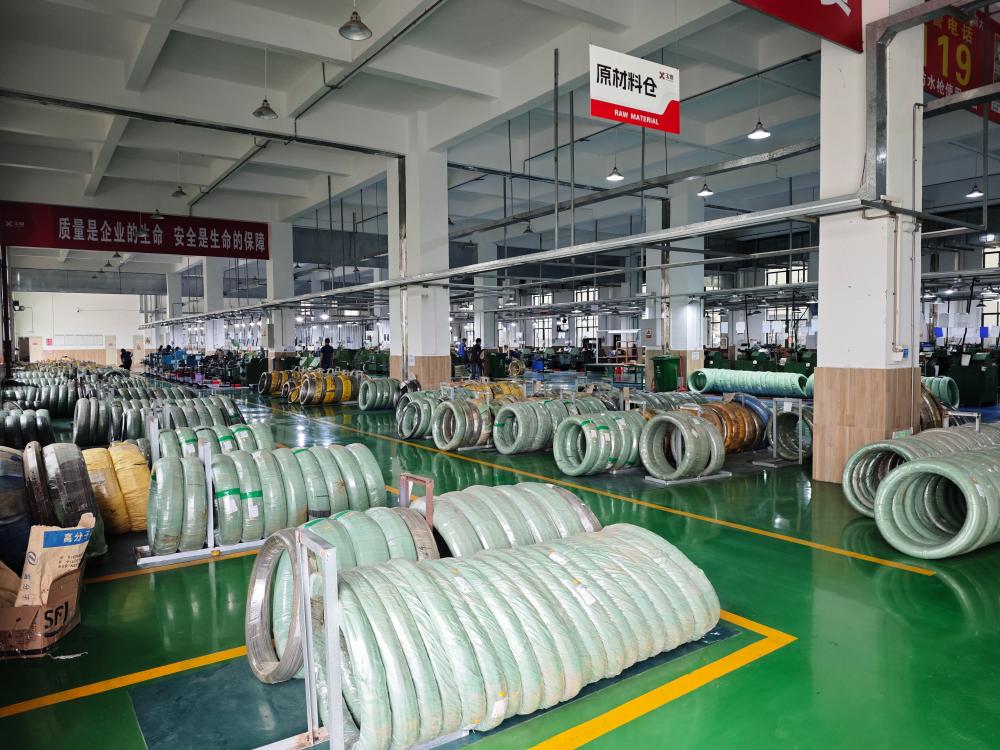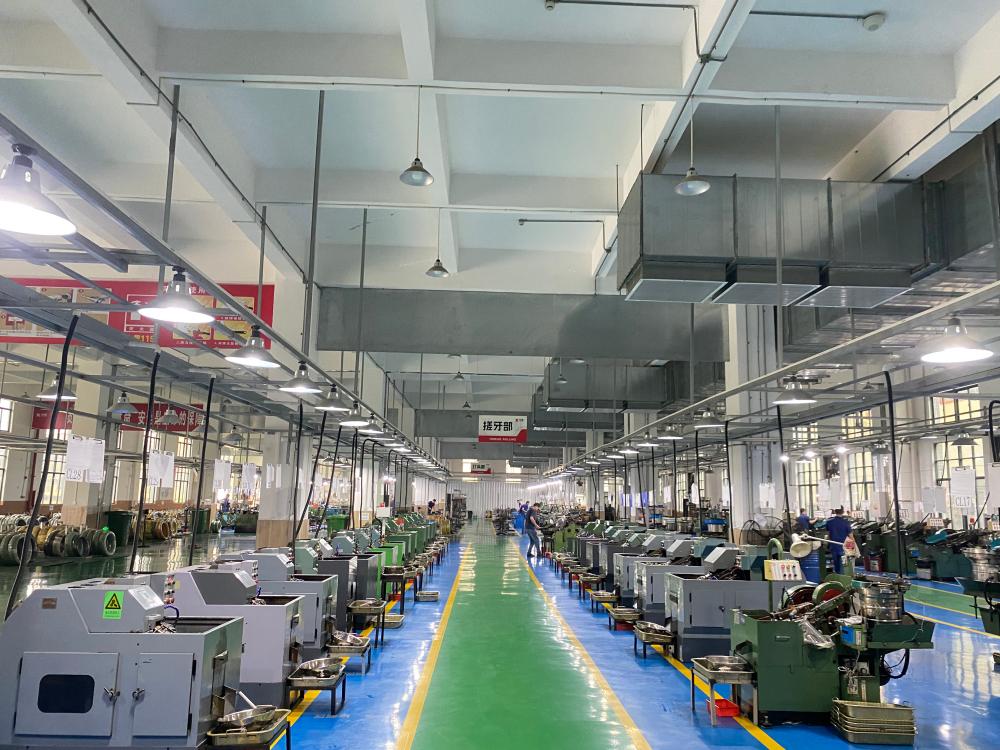At Yuhuang Eleconics Dongguan Co.,LTD, we’ve spent over a decade building trust as a reliable screw factory—and it all starts with our production line. Every step’s been honed by our team’s hands-on experience, making sure every Screw, nut and bolt works as hard as the customers who use them. Let me walk you through how we do it, the way I show clients when they visit our workshop:
●Raw Materials Selection:Our purchasing manager Lao Li has worked with core steel suppliers for over 10 years, and we also cooperate with multiple specialized vendors. This multi-supplier setup brings key advantages: it ensures stable material supply even during market fluctuations, avoiding production delays. It also lets us respond quickly to quality issues—like when Lao Li returned a batch of scratched stainless steel, we sourced alternatives fast to keep quality intact. Every choice here reflects our commitment to reliability and excellence.
(Raw material warehouse)
●Incoming Quality Control (IQC): Our IQC station’s run by Xiao Li, who’s got a knack for spotting flaws. She uses a spectrometer to check material composition, and if a sample’s tensile strength is even 3% below standard, she marks the whole batch “reject.”
● Heading: The heading machines are our workshop’s workhorses—We replace the latest generation of machines every year, and our operator, Master Zhang, calibrates them every morning before starting. He knows exactly how to adjust the pressure for Shoulder Screws (their head height needs to be precise to fit into machine slots) and checks a sample every 15 minutes, like clockwork. Once, he noticed a machine was making slightly lopsided heads and shut it down immediately—said “better lose an hour than send bad parts.”
(Heading)
● Threading: For Tapping Screws, we switch between roll and cut threading based on the material. Our young technician, Xiao Ming, learned the trick from Master Zhang: soft brass uses cut threading for cleaner lines, while hard steel needs roll threading to strengthen the threads. He also keeps a little notebook where he jots down which settings work best for each customer’s order—last week, he noted that a German client’s Tapping Screws needed finer threads, so he adjusted the machine accordingly.
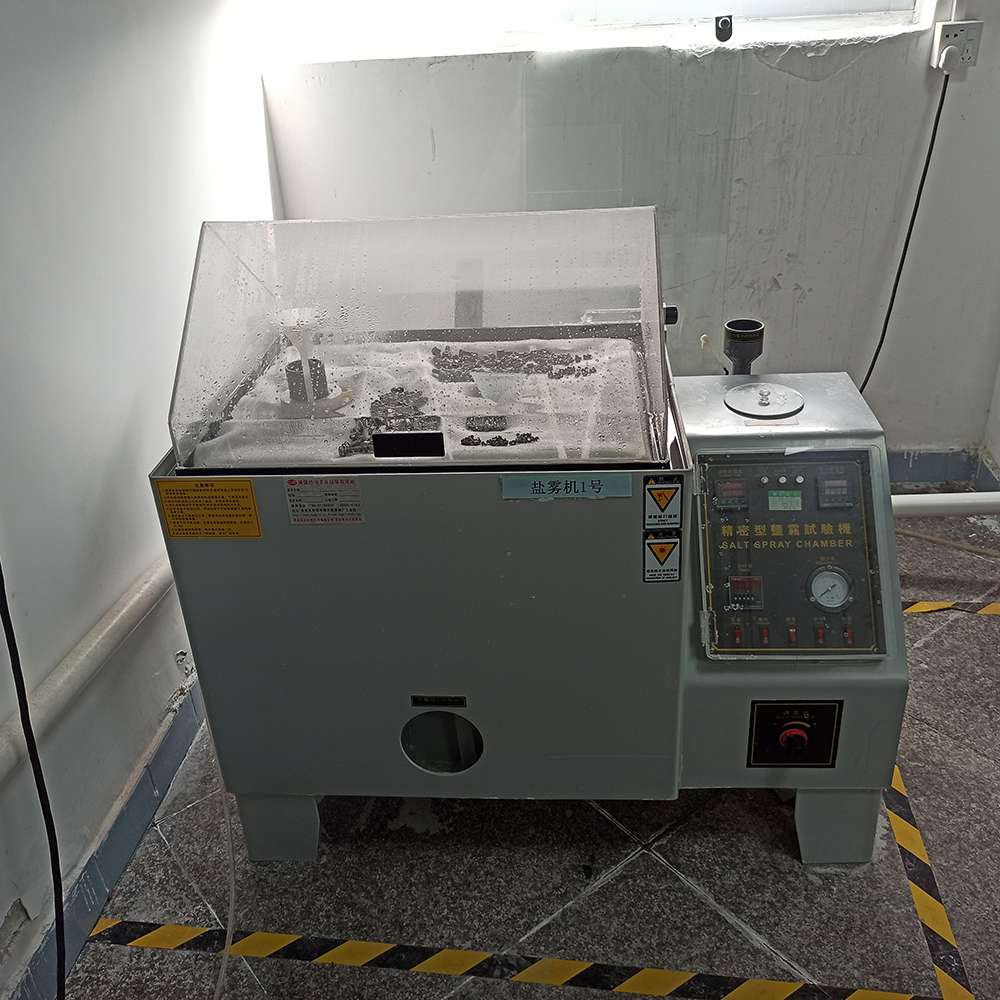
(Threading )
● Intermediate QC ![]() uring the screw production process, we conduct random inspections every few minutes. If any defect or issue is detected in the screws, production is immediately halted. All screws produced before the problem was identified are discarded to ensure only qualified products enter subsequent processes. This strict check effectively prevents the spread of defective products and maintains stable quality.
uring the screw production process, we conduct random inspections every few minutes. If any defect or issue is detected in the screws, production is immediately halted. All screws produced before the problem was identified are discarded to ensure only qualified products enter subsequent processes. This strict check effectively prevents the spread of defective products and maintains stable quality.
● Heat Treatment: Our heat treatment oven’s operated by Lao Chen, who’s been doing this for 12 years. He times the process by hand: carbon steel gets 2 hours at 850°C, then quenched in oil; stainless steel gets 1 hour at 1050°C for annealing. He once stayed late to re-treat a batch because the oven’s temperature dropped 10°C—said “heat treatment’s the backbone of strength; no shortcuts.”
● Plating: The plating room offers 3 main options, and we let customers pick based on their needs. Mr. Liu from a furniture company always chooses zinc plating for his Screws (cost-effective and rust-resistant), while a marine client opts for chrome plating for their nut and bolt packages (stands up to saltwater). Our plater, Xiao Hong, makes sure the coating’s even—she once stripped and re-plated a whole batch because she saw a tiny bare spot.
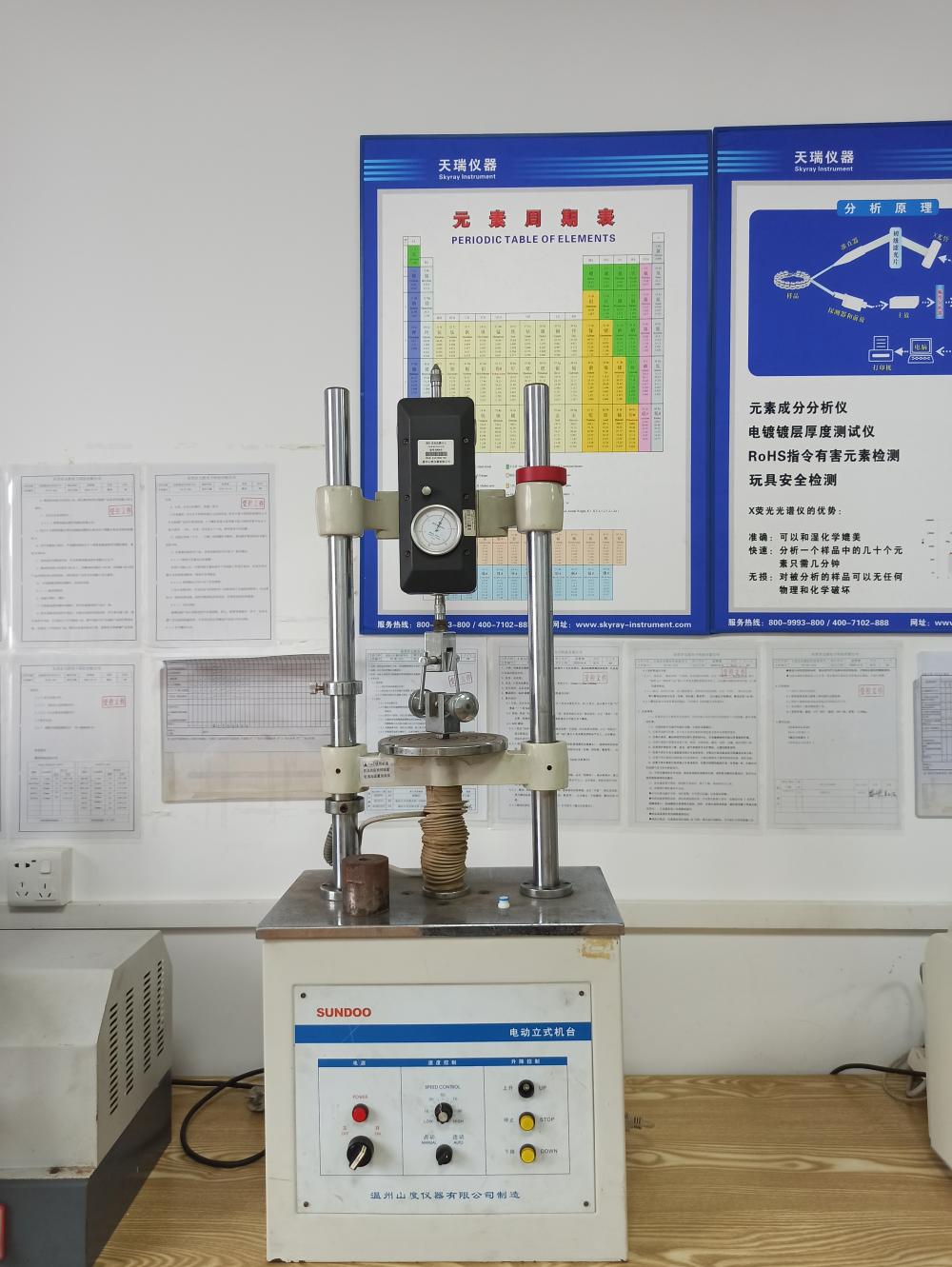
● Final QC (FQC):Before sorting, we run a comprehensive set of real-world tests to ensure product quality. First, we use our company’s optical inspection machine for preliminary screening—it automatically identifies surface defects like scratches, burrs, or uneven plating on screws, nuts, and bolts, eliminating visually unqualified parts at the earliest stage. Then we conduct mechanical performance tests: we clamp screws in a tensile tester to measure their load-bearing capacity (we once had a client’s industrial screws require holding 500kg, and we tested them up to 600kg for safety), and put nut-and-bolt assemblies through a torque test to prevent stripping during tightening. For outdoor-use parts, we also perform a 48-hour salt spray test; if there is even a slight sign of rust, they are rejected immediately.
(Optical screening machine)
(Tensile testing instrument)
(Torque testing machine)
(salt spray test machine)
● Packaging: Packaging flexibility makes a real difference for logistics, costs, and how customers end up using the products. We use automatic packaging machines to keep things efficient, but we’re also fully open to custom packaging based on what you need. Take a big automotive parts maker, for example—they’ll usually order fasteners in bulk cartons, since that fits right with their high-volume assembly lines. On the other hand, a precision equipment company might ask for custom-sealed packs, like ones with anti-rust film and product traceability labels, to keep the components safe while they’re being shipped.
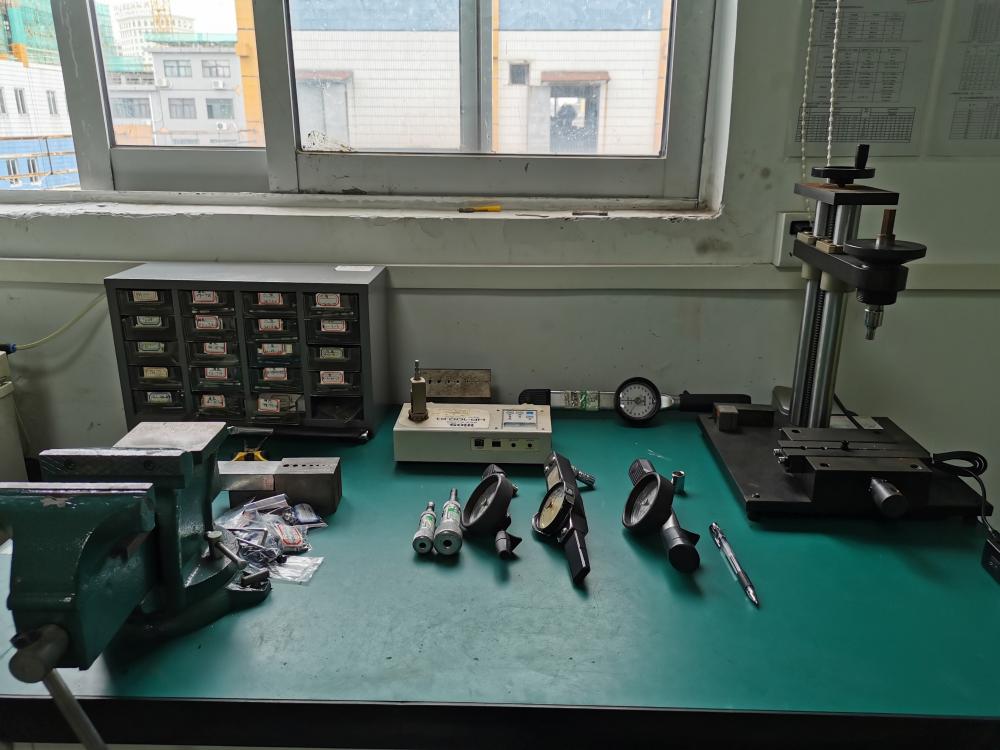
● Outgoing Quality Control (OQC): Before shipment, our warehouse manager, Lao Hu, will conduct random spot checks. He opens one of every 20 boxes to verify the quantity (even if we find that one box is missing one screw, we will repackage the entire order), and checks whether the labels match the order.
This isn’t just a “process”—it’s the way our team works every day. We do not merely produce screws, nuts and bolts—we make sure they solve our customers’ problems. That’s the difference between being a factory and being a partner you can count on.
Dongguan Yuhuang Electronic Technology Co., Ltd
Email:yhfasteners@dgmingxing.cn
WhatsApp/WeChat/Phone: +8613528527985
Click Here To Get Wholesale Quotation | Free SamplesPost time: Oct-23-2025


